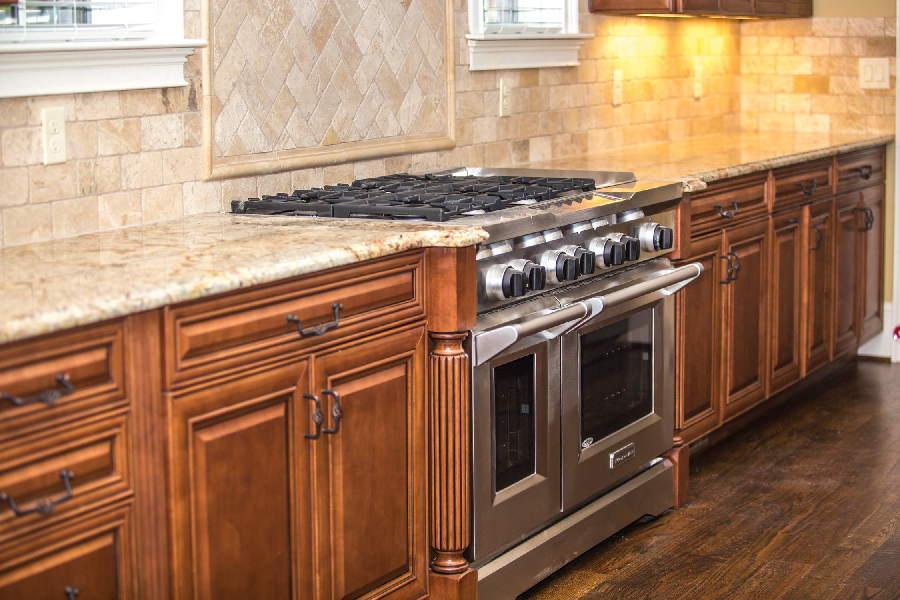
Operating under the theory that their use is leading to climate change, violent hurricanes, frequent floods, and wildfires, more than a dozen cities have outlawed gas stoves from kitchens in new construction of homes. Today, 13 cities and one entire county have enacted zoning codes requiring new construction projects to only include electric stoves; cities in Massachusetts, Oregon, and Washington are also considering similar laws. According to the U.S. Energy Administration, natural gas produces 33% of U.S. carbon dioxide from electrical generation plants. While forcing homeowners to switch to electric stoves will likely boost that carbon dioxide number, some hope the bans will limit individual contributions of greenhouse gases. While the laws are being added to the books, the science isn’t there yet: there have been no studies linking kitchen stove use to greenhouse gas emissions nor has there been any link between kitchen stove use and severe weather.
The war against residential natural gas use began in California. The first city to unveil new pro-electric/anti-natural gas laws was Carlsbad, California; in March 2019, new codes requiring electric heat pump water heaters or solar thermal water heating in new low-rise construction were implemented. This building ordinance grew out of the city’s Climate Action Plan, and is the first of several steps for the city to decarbonize its building sector. In July 2019, Berkeley, California voted unanimously to adopt a “first in the nation” ordinance that prohibited gas in all new construction. Just weeks ago, Windsor, California voted 4-0 to adopt a reach code that mandates all-electric new construction for all new low-rise residential buildings; this includes single-family homes, multi-family homes below four stories, and detached accessory dwelling units. The code in Windsor will be effective January 1, 2020.
These laws are part of a growing trend across America by local municipalities to outlaw common consumer behavior for the sake of climate change. Earlier this year, New York City’s Mayor de Blasio outlawed hotdogs and other beef products in public buildings such as hospitals and schools. “You’re not going to find climate deniers in New York City because we suffered through (Hurricane) Sandy. We also believe the estimates that tell us that we have only 12 years to get it right. Let’s be clear, we have until 2030 to change things fundamentally, or our lives won’t be the same,” de Blasio said in an Earth Day event earlier this year celebrating the new legislation for the city. In addition to making hotdogs illegal, de Blasio also outlawed the use of steel and glass from new highrises in the Big Apple, saying they contribute negatively to the environment and are ultimately responsible for severe weather conditions.
Some theorize there’s a link between carbon output and severe weather. However, while carbon output has increased in the United States, the overall number of violent tornadoes has steadily decreased. While the frequency of storms hasn’t changed, the population and cost of construction in storm-vulnerable regions has skyrocketed. Even if there were less storms impacting the U.S., the impact on people and the dollar amount of damages would still be much greater than they were in the past due to to those increased population and expense numbers.